Meet Wole Soyinka – the Nigerian literary genius and political activist whose impact extends beyond his native country. His works, which include plays, poetry, and essays, have been celebrated worldwide, earning him the Nobel Prize in Literature.
On the other hand, Soyinka’s activism has seen him speak out against oppressive regimes and advocate for human rights and democratic governance.
Join us as we take a closer look at the life and works of this remarkable individual. Soyinka has left an indelible mark on the literary and political landscapes. He deserves his flowers.
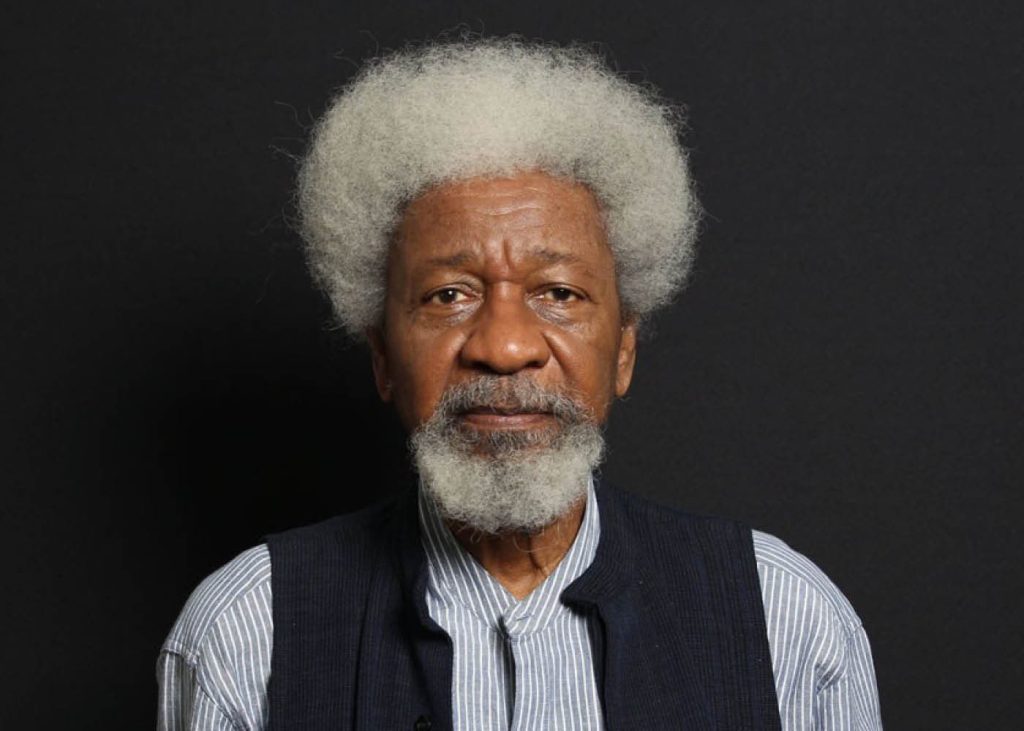
Brief Overview of Wole Soyinka’s Life and Works
Wole Soyinka is a Nigerian playwright, poet, essayist, and political activist. He was educated in Nigeria and later at the University of Leeds in the United Kingdom.
Soyinka’s literary career includes a collection of poems such as the acclaimed “Idanre and Other Poems.” He went on to write numerous plays, including “The Trials of Brother Jero” and “Death and the King’s Horseman,” which explore themes such as power, politics, and social justice.
His activism saw him speak out against oppressive regimes, including Nigeria’s military dictatorship, which resulted in his arrest and imprisonment. He was awarded the Nobel Prize in Literature in 1986 for his contributions to African literature and his role in advocating for human rights and democracy. Soyinka’s impact on African literature and political discourse continues to be felt today.
Wole Soyinka – Childhood and Education
Wole Soyinka was born on July 13, 1934, in Abeokuta, Nigeria. His father was the headmaster of a school, while his mother was a shopkeeper and local market woman. Soyinka’s parents imbued him with a love of learning and encouraged him to pursue his education.
Innovative Tech Solutions, Tailored for You
Our leading tech firm crafts custom software, web & mobile apps, designed with your unique needs in mind. Elevate your business with cutting-edge solutions no one else can offer.
Start Now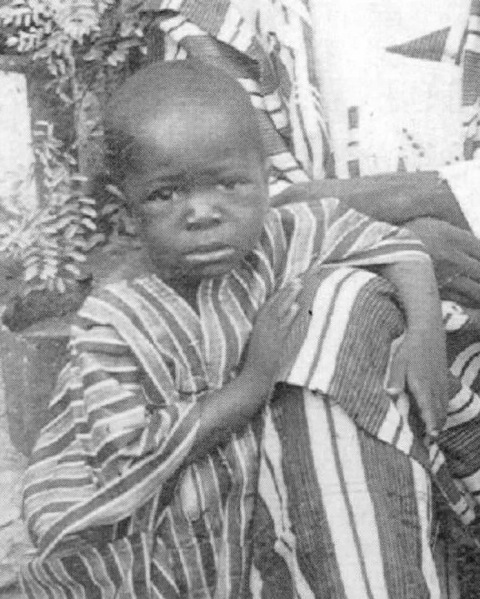
Soyinka attended Abeokuta Grammar School, where he distinguished himself academically and became interested in writing. He was particularly drawn to the works of William Shakespeare and the English Romantic poets. After completing his secondary education, Soyinka studied English literature at the University of Ibadan in Nigeria. There, he became involved in student politics.
In 1954, Wole Soyinka graduated with a bachelor’s degree in English literature. He then proceeded to attend the University of Leeds in the United Kingdom, where he studied comparative literature. While at Leeds, Soyinka became involved in theatre and wrote several plays, including “The Invention,” produced in 1957.
Soyinka’s early life and education played a crucial role in shaping his literary and political views. His exposure to different cultures and literary traditions inspired his writing, while his experiences with student politics and activism instilled a sense of social responsibility in him.
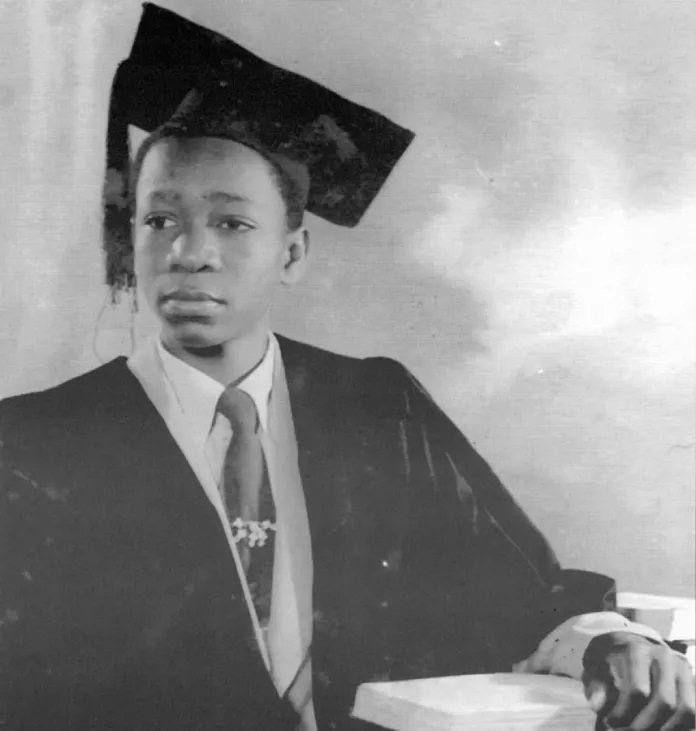
Read: The Cultural and Artistic Traditions of Africa (Music, Art, and Literature)
Wole Soyinka’s Literary Career
Wole Soyinka’s literary career spans several decades. He is widely regarded as one of Africa’s most prominent and influential writers, and his works have been translated into numerous languages and performed worldwide.
Soyinka’s writing explores themes such as power, politics, identity, and social justice and reflects his deep engagement with African culture and history.
His literary career began in the 1950s with the publication of his first collection of poems, “Idanre and Other Poems” (1967). The poems in this collection reflect Soyinka’s interest in Yoruba mythology and his use of traditional African forms and themes.
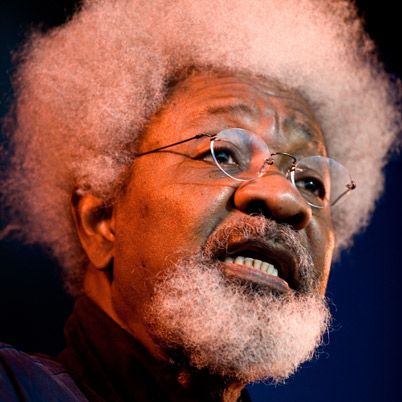
Soyinka’s first play, “The Swamp Dwellers,” was produced in 1958 and explored the lives of people living in a Nigerian village. His subsequent plays, including “The Lion and the Jewel” (1963) and “The Trials of Brother Jero” (1960), discuss colonialism, corruption, and the abuse of power.
In “The Lion and the Jewel,” Soyinka presents a satirical critique of Western cultural influence in Africa. While in “The Trials of Brother Jero,” he portrays the hypocrisy and self-interest of religious leaders.
Soyinka’s most famous play, “Death and the King’s Horseman” (1975), is based on a true story and explores the conflict between African and Western cultural values. The play tells the story of a Yoruba king’s horseman who is expected to commit suicide after the king’s death to accompany him to the afterlife. Soyinka uses the play to critique both colonialism and the imposition of Western values on African societies.
Some of Soyinka’s plays include “The Burden of Memory, the Muse of Forgiveness” (1999), which reflects on the legacy of colonialism and the need for reconciliation in post-colonial societies.
Soyinka has also published several novels, including “The Interpreters” (1965) and “Season of Anomy” (1973), which explore themes of identity, cultural conflict, and political instability.
His Political Activism
Wole Soyinka is not only known for his literary achievements but also for his political activism. Throughout his career, he has been a vocal advocate for democracy, human rights, and social justice. Soyinka’s political activism began in the 1960s when he spoke against Nigeria’s military dictatorship and oppressive policies.
In 1965, he co-founded the Theatre Company of Nigeria, which used drama to raise awareness about political issues and social justice. The company’s productions addressed issues such as corruption, government censorship, and police brutality.
Seamless API Connectivity for Next-Level Integration
Unlock limitless possibilities by connecting your systems with a custom API built to perform flawlessly. Stand apart with our solutions that others simply can’t offer.
Get StartedSoyinka’s play, “The Trials of Brother Jero,” satirizes religious hypocrisy and government corruption, particularly reproving the Nigerian government and its policies.
Wole Soyinka – Imprisonment and Exile
His political activism led to his imprisonment in 1967 during the Nigerian Civil War. He was accused of supporting the secessionist state of Biafra and spent two years in prison without trial. His imprisonment became an international cause celebre, with artists, intellectuals, and politicians calling for his release. Soyinka was eventually released in 1969 and went into exile in the United States.
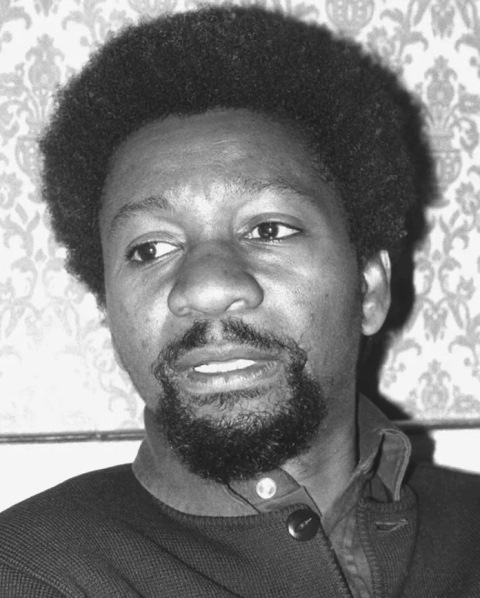
During his time in exile, Soyinka continued to speak out against the Nigerian government and its policies. He wrote articles and delivered speeches criticizing the government’s human rights abuses, corruption, and electoral fraud. He eventually returned to Nigeria in 1975 after the military government was overthrown.
Soyinka’s political activism has continued throughout his career and has been a prominent voice in Nigerian and African politics.
He continues to criticize government policies on issues such as human rights, the environment, and democracy and has called for greater accountability and transparency in government. Soyinka has also supported various social and political causes, including anti-apartheid movements in South Africa and the campaign to end military rule in Nigeria.
Read: What Happened During Apartheid in South Africa?
In recognition of his political activism, Soyinka has received numerous awards. These include the Peace Prize of the German Book Trade in 1997 and the Presidential Medal of Freedom from the United States in 2014.
Wole Soyinka – Legacy and Impact
Wole Soyinka’s legacy and impact are significant, both within the literary world and in politics and social justice. As one of Africa’s most prominent writers and intellectuals, Soyinka has left a lasting mark on African literature and cultural identity.
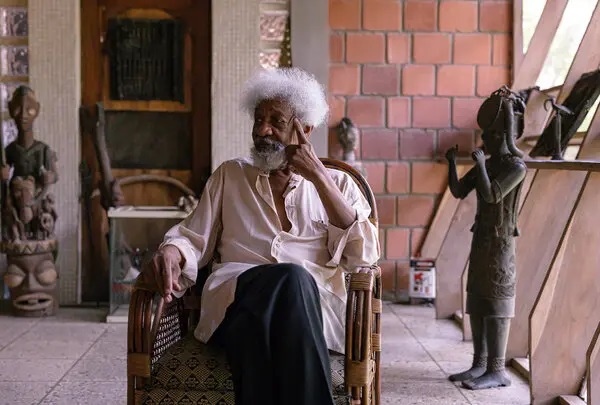
Soyinka’s writing reflects his deep engagement with African culture and history, and his works have been translated into numerous languages and performed around the world.
His plays, in particular, have been influential in shaping the development of African theatre. Soyinka’s use of traditional African forms and themes in his plays and poetry has also contributed to a wider appreciation of African culture and traditions.
In addition to his literary achievements, Soyinka’s political activism has significantly impacted Nigerian and African politics. His advocacy for democracy, human rights, and social justice has influenced political movements and activists in Nigeria and beyond.
His imprisonment during the Nigerian Civil War made him a symbol of resistance to authoritarianism and repression. And his calls for transparency and accountability in government have been influential in shaping public discourse on these issues.
Transform Business with Custom CRM & ERP Solutions
Elevate your operations with a CRM or ERP tailored for you. Let’s build the perfect solution that others can't replicate—crafted to match your business's needs like no other.
Get StartedSoyinka’s influence extends beyond Nigeria and Africa. He has been a strong voice in the global fight against human rights abuses, corruption, and political oppression. His advocacy for social justice and environmental protection has inspired movements and campaigns worldwide.
As a Nobel Prize laureate and a respected intellectual, Soyinka’s ideas and writings continue to be studied and celebrated by scholars, students, and readers worldwide. His legacy and impact are a testament to the power of literature and activism to effect social and political change.
Importance of His Contributions to Literature and Activism
The importance of Soyinka’s contributions to both literature and activism lies in the way they are interconnected. His literary works are rooted in his political and social concerns, and his activism is grounded in his deep engagement with African culture and history.
Soyinka’s writing reflects his commitment to using literature as a means of social and political critique. His activism is informed by his belief in the power of literature to effect social change.
Before you go…
Hey, thank you for reading this blog to the end. I hope it was helpful. Let me tell you a little bit about Nicholas Idoko Technologies. We help businesses and companies build an online presence by developing web, mobile, desktop, and blockchain applications.
We also help aspiring software developers and programmers learn the skills they need to have a successful career. Take your first step to becoming a programming boss by joining our Learn To Code academy today!
Be sure to contact us if you need more information or have any questions! We are readily available











